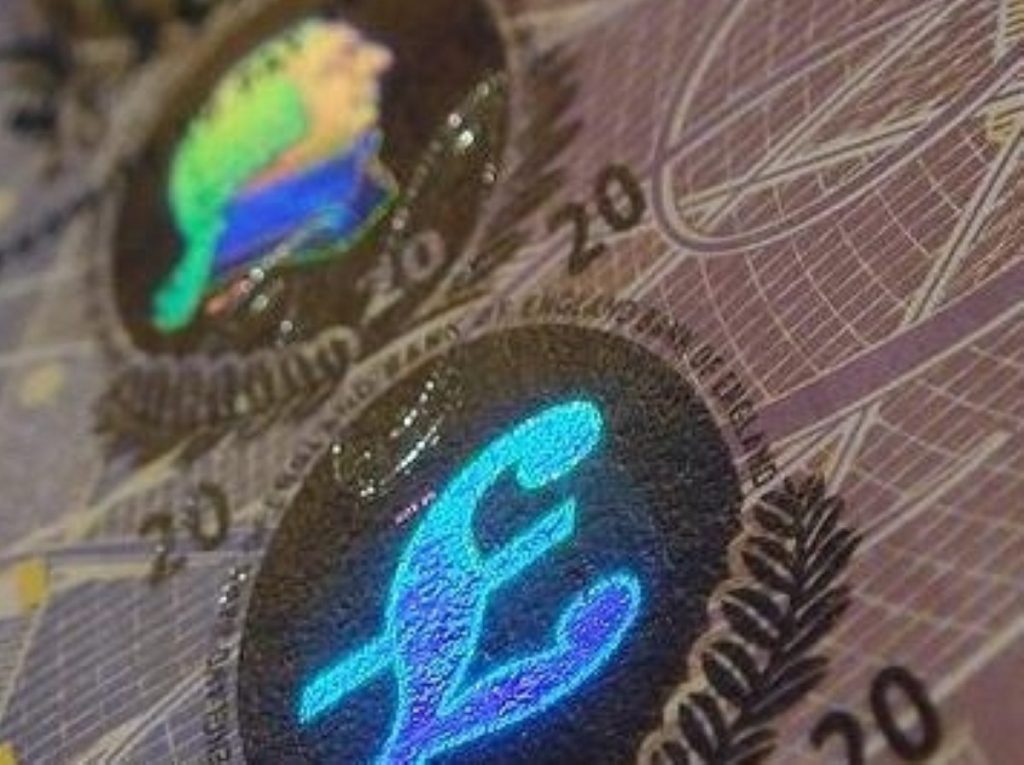Emergency Budget: Capital gains increase watered down
By Tobias Benedetto
Capital gains tax for high-earners is to rise from 18% to 28%, rather than the 40% some had forecast.
Chancellor George Osborne’s measures on CGT will be implemented at midnight tonight.
He claimed any higher rate would actually lower revenue by discouraging transactions that trigger the tax.


CGT for low- to mid-earners will remain at 18%, while entrepreneurs, who pay 10%, will receive a tax break as part of the measures. The threshold under which this lower rate applies rises from earnings of £2 million to £5 million.
CGT has been at the forefront of coalition tensions since Nick Clegg and David Cameron signed up to a joint government agenda in May.
Conservative backbenchers insisted increases in the tax will discourage entrepreneurism and penalise hard-working families. John Redwood and David Davies had been particularly vocal in their attacks on the proposal.
The Liberal Democrats will also be unhappy with the announcement as some insist the tax should be roughly equivalent to income tax, which has a temporary maximum level of 50%. This would discourage tax evasion through capital gains – a common tactic among the wealthy – and represent a more morally coherent system.
The tax’s impact on the middle classes also corroborates George Osborne’s claim that “we’re all in this together” when he addresses concerns from trade unions and Labour, even though the hike is lower than some expected.

